As we say goodbye to our Graduate Fellow, Jeff Robinson, we asked him for some final thoughts about his work with the SCAA.

Back in November of 2019, GP briefed me on what to expect from this Fellowship — what my role would be, a list of major responsibilities, and some events I would attend. Throw in some papers for Graduate School, a group presentation, 120 middle school band students, a handful of performances, and a trip to Carowinds with said students, and I dove into 2020 with a pretty good idea of what my semester would look like.
COVID-19 had other plans.
Plan a Creative Gathering. Schedule Meetings with Legislators in Washington. Cancel the Creative Gathering. Reschedule meetings to phone calls. Shift advocacy efforts to weathering a health crisis. Agree to stay on for another month. How do I get instruments home to my students? Figure out how to teach band online (you can’t). Oh, in case you were wondering, global pandemics do not effect graduate student workload.
Whew, I think I’ve sorted it out. Oh no. Do I have enough toilet paper?
Here’s the good news. Adaptation has been a skill that each of us has had the opportunity to hone over the past few months and has been one of the most valuable things I’ve been able to take away from my time with the SCAA. We’re all in completely uncharted waters, but both GP and I have been passionate about being an organization that our sector can look to for guidance on the best way to keep sailing.
As my time with the Arts Alliance draws to a close, I wanted to take a moment to share a few more lessons I’ve learned about Advocacy during my, at the risk of wearing out a metaphor, voyage.
The thoughts below are in no particular order:
Good advocates are informed advocates.
I don’t mean to take away the power of a large group with a loud voice. There’s a time and a place for a rally on the State House steps (and hopefully I’ll see you there in February 2021), but I’ve also come to realize that sometimes advocacy means knowing just as much about everything around you as you do about your own field. Timing, context, and strategy play a huge role in the work we do — and a large group with a clear message is equally important. With that said…
Start with a clear message.
The targets of our advocacy work aren’t always ready for the entire textbook. Sometimes the most effective work you can do is simply initiating the conversation — and people love a clear and concise message. Even better if they hear that same message from multiple places. Bonus points if that message resonates with something else they’re passionate about. I’ve come to understand that the arts are part of a much larger landscape that it both affects and is affected by, and building a message with that in mind is crucial to maximum buy-in.
Build relationships.
I’ve had the opportunity to meet such fantastic people during this Fellowship, all of whom are advocates for the arts in their own way. There is no one size fits all approach to what we do, and building a network of diverse skills in our field makes adaptation to each unique challenge even easier. Not to mention, the arts are uniquely adept at building human connections. Our advocacy work should capitalize on that fact.
Avoid a defensive approach.
I said these are in no particular order, but I can’t say this one loud enough. In a world that becomes increasing polarized by the day, it’s really easy to want everyone to place our chief passion in their #1 priority slot. When that doesn’t happen, it’s even easier to make them our enemy — and subsequently assume that our field is under attack. The fact is, that’s categorically untrue. Our unique challenge as arts advocates is finding how to make our goals jive with theirs. As I said above, the arts impact and are impacted by so many outside forces — and our best strategy is to harness that. The way I see it, we have two options when faced with pushback: assume ill intentions and write them off, or assume goodwill and try a different approach. Seeking to be understood also requires that we seek to understand.
One more quote and then I’ll leave this one alone. Community Engagement guru Doug Borwick writes, “If our survival depends upon significantly expanding our base of support (and it does) then holding negative attitudes about those we must reach will doom us.”
Share stories.
I’ll be the first one to tell you that anecdotal evidence alone is not enough to justify a position (see above, informed advocates), but the personal touch that a story can bring to a well-informed argument is everything. With this in mind, during Arts Advocacy Week, I launched a campaign called “Creative Voices” that asked advocates to share how the arts have personally impacted their lives. It’s really cool to see so many diverse experiences all supporting a common goal.
Our path ahead is going to be full of many successes and failures. Stories (one of the world’s oldest art forms) have a way of making us feel more connected to each other. Sharing these — by utilizing the relationships we’ve built through the arts — is going to be crucial to our mutual survival.
This Fellowship, and the work involved, has certainly been a life-changing experience for me, and I’d like to offer my sincerest gratitude to the South Carolina Arts Alliance, for the opportunity to jump on board. Special thanks to Executive Director GP McLeer for his mentorship and direction throughout the process. An additional shoutout to Board Member Morenga Hunt, who is also my former professor at Winthrop, and who first connected me with the SCAA for Arts Advocacy Day 2019. I hope he’s smiling at the Doug Borwick reference.
The arts are in excellent hands in our State, and I count myself fortunate that I was able to play a small part. Now…. does anyone know how to do virtual Marching Band?
Stay safe!
—Jeff


